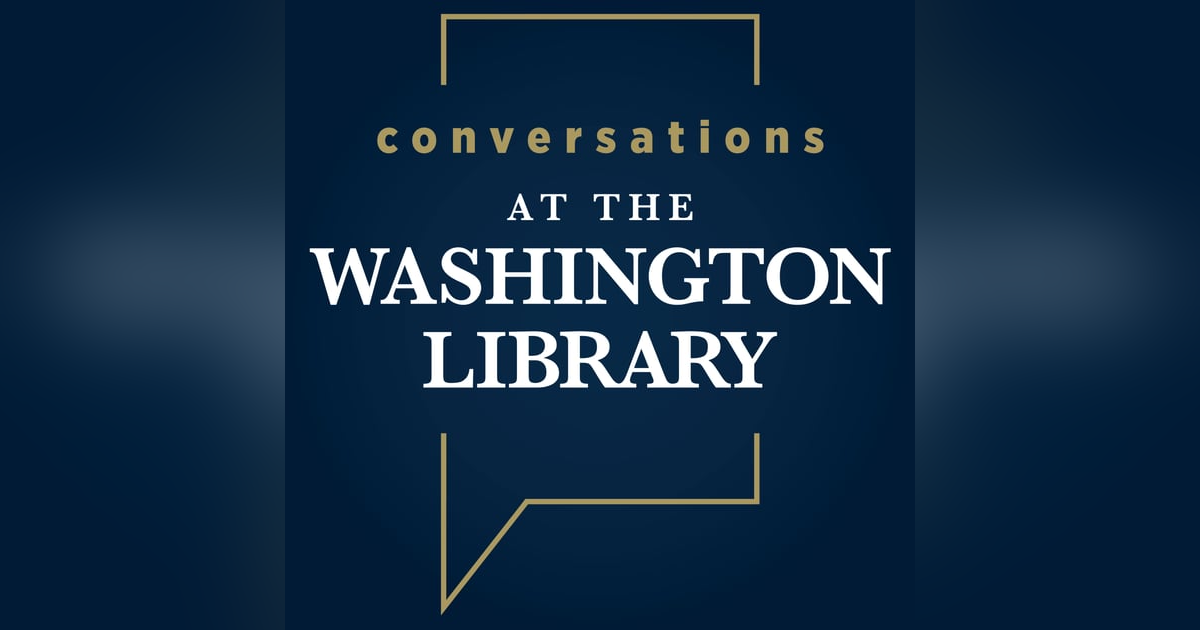208. Harnessing Harmony in the Early Republic with Billy Coleman (Summer Repeat)

On September 14, 1814, Francis Scott Key began composing "The Star-Spangled Banner after witnessing the British attack on Fort McHenry. Of all the things he could have done after seeing that flag, why did Key write a song? And how did his new composition fit into a much longer history of music as a form of political persuasion in the Early Republic?
On today’s episode, Dr. Billy Coleman joins us explore the power of music in the early United States, and how Federalists in particular used it as a kind of weapon to advance their vision of a harmonious nation led by elites. He also helps us understand why music as a form of historical evidence is a remarkable way to get inside the heads, and the hearts, of people from ages past. Coleman is the Kinder Institute Postdoctoral Fellow in Political History at the University of Missouri. He is the author of Harnessing Harmony: Music, Power, and Politics in the United States, 1788-1865, (UNC Press, 2020).
Coleman and his collaborator, the music producer Running Notch, have also created a soundtrack for the book, featuring modern interpretations of some of the most important political songs of the eighteenth and nineteenth centuries.nFind the soundtrack here or search for “Harnessing Harmony” on Spotify.
You’ll hear clips from a couple of these tunes over the course of today’s program, but make sure you stick around after the credits roll for an exclusive opportunity to hear the complete versions of "Hail, Columbia" and "Jefferson and Liberty," which appear “ courtesy of Running Notch from the “Book Soundtrack” to Billy Coleman’s Harnessing Harmony: Music, Power, and Politics in the United States, 1788–1865 (UNC Press).
About Our Guest:
Billy Coleman, Ph.D. is the Kinder Institute Postdoctoral Fellow in Political History at the University of Missouri. His research articles also appear in the Journal of Southern History and the Journal of the Early Republic. His new project, “Making Music National in a Settler State,” is exploring the transnational origins of national music in the United States, Canada, Australia, and New Zealand. Dr. Coleman is currently the North American-based Book Reviews Editor for the peer-reviewed journal, American Nineteenth Century History.
--- Send in a voice message: https://anchor.fm/mountvernon/message Support this podcast: https://anchor.fm/mountvernon/support

Dr. Billy Coleman
Historia | Author
Billy Coleman completed a Ph.D. in History at University College London (UCL) and is the author of Harnessing Harmony: Music, Power, and Politics in the United States, 1788-1865 (University of North Carolina Press, August 2020). His research articles also appear in the Journal of Southern History and the Journal of the Early Republic. On top of a previous stint at the Kinder Institute, he has been a postdoctoral research and teaching fellow with the Department of History at the University of British Columbia in Vancouver, a doctoral exchange scholar at Yale University, and has held teaching posts at Queen Mary University of London and the University of Portsmouth. Born in Houston but raised in Sydney, Australia, he earned a B.A. with honours and the University Medal from the University of New South Wales. His new project, “Making Music National in a Settler State,” is exploring the transnational origins of national music in the United States, Canada, Australia, and New Zealand. Dr. Coleman is currently the North American-based Book Reviews Editor for the peer-reviewed journal, American Nineteenth Century History. He re-joins the Kinder Institute as a Postdoctoral Fellow in Political History.



















